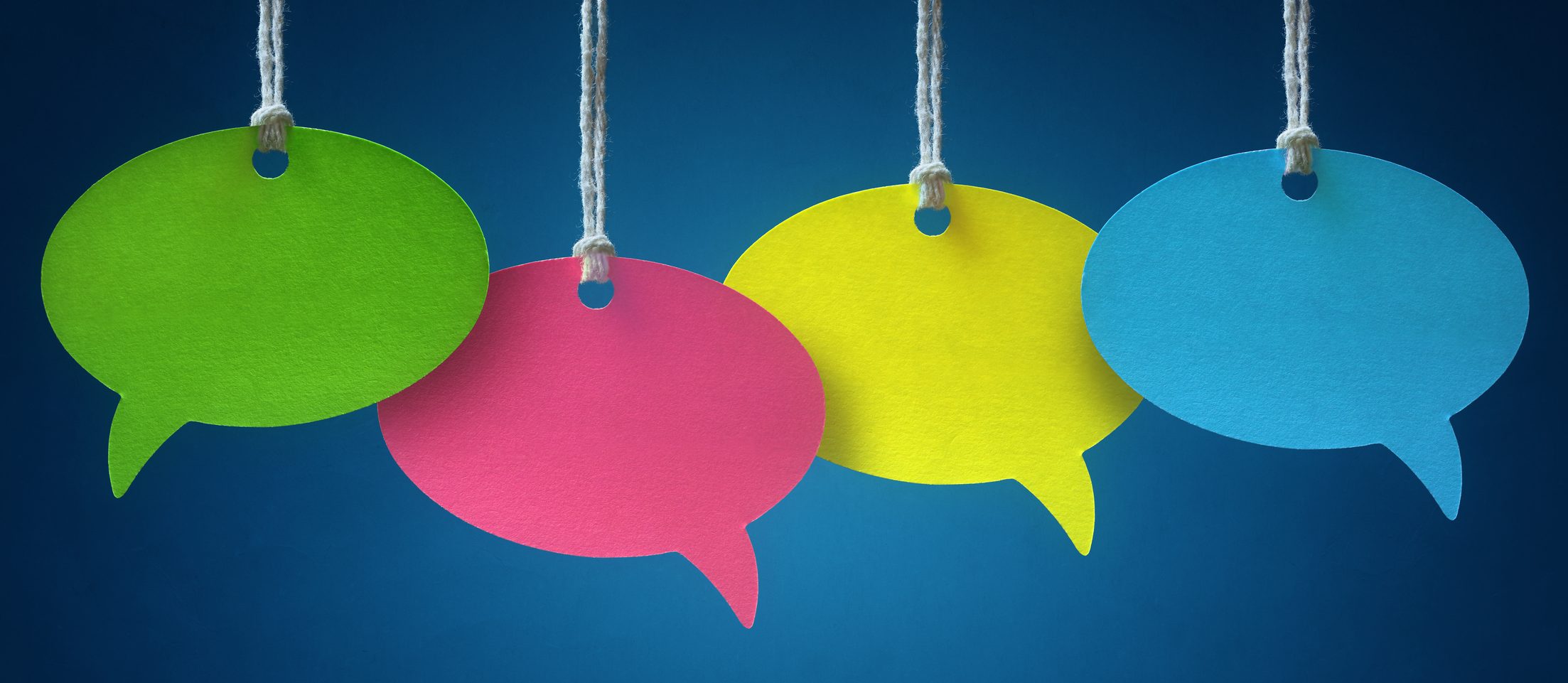The game of telephone begins with one person saying one phrase to another person’s ear, and the person passing it on to the next until the very last person hears the phrase. Quite often, the last person says something completely different from the original phrase. The end result is the hilarious difference between the original phrase and the final phrase. However in the office, this is not a scenario — barriers to communication — we want.

Miscommunication in the workplace is something to avoid, especially because it causes confusion and uneven expectations. Practice clear communication. Two people may have completely different interpretations of the same message. Communication is one of the most important workplace skills to have. Communication can always be improved upon.
As you communicate, you have to consider all components of communication. The components of communication involve you, the audience, the content of the message and the delivery method of the message.
Here are tips for clear communication:
-Pick the appropriate way to communicate your message.
-Simplify the message.
-Have a conversation with all involved parties to listen and understand the message.
-Send an email following up if there was an in-person discussion.
-Proofread your message.
-Know your audience.
Becoming a clear communicator takes a conscious effort to evaluate your personal communication style and ensuring that everyone around you understands it.
Great communication in the workplace yields benefits too, where the employer and employee benefit as well. The benefits of clear communication are:
-Increased productivity
-Increased efficiency
-Enhanced relationships in the office
-Improved transparency
-Improved morale
Not only do you have to think about how you communicate the message, but you should also consider your nonverbal communication as well – in particular, your attitude and body language. Portray calm, confident body language, with gestures that indicate that you’re listening and acknowledging the message.
Having great communication in the workplace is a work in progress. To promote effective communication at work, you could try asking someone for a personal critique session on areas to improve on. You could also hold team building activities at work that help foster and develop trust and communication at work. Have team or individual meetings to help foster the messages as well.
Great communication takes time and effort, but the rewards are well worth it!
Elaine Nghiem is part of the GovLoop Featured Contributor program, where we feature articles by government voices from all across the country (and world!). To see more Featured Contributor posts, click here.





Leave a Reply
You must be logged in to post a comment.